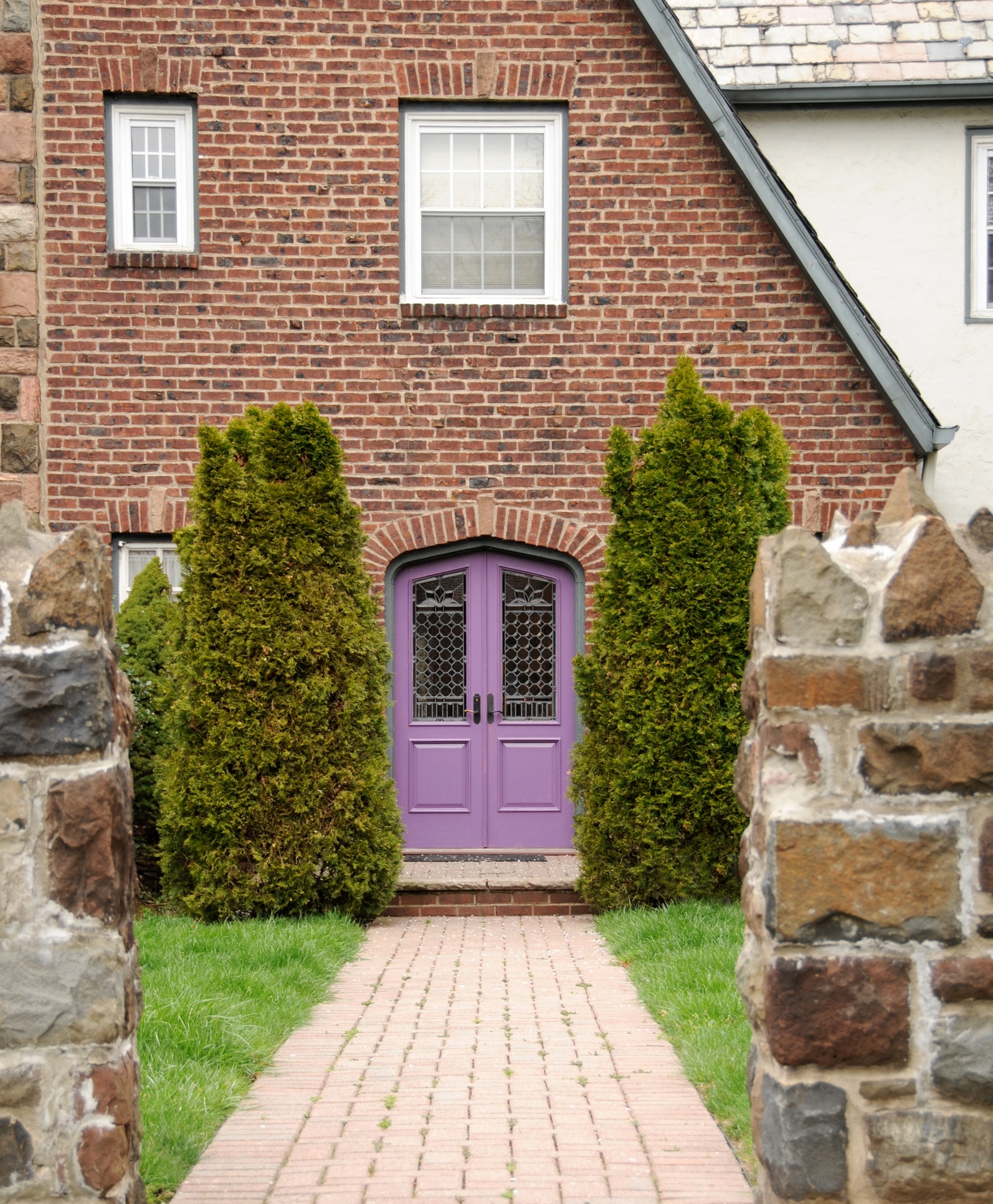Why home buyers are scattering coins around their homes – and why you might want to too
New homeowners are scattering coins around their homes – experts discuss the benefits to help you decide if you should do the same


Design expertise in your inbox – from inspiring decorating ideas and beautiful celebrity homes to practical gardening advice and shopping round-ups.
You are now subscribed
Your newsletter sign-up was successful
Want to add more newsletters?

Twice a week
Homes&Gardens
The ultimate interior design resource from the world's leading experts - discover inspiring decorating ideas, color scheming know-how, garden inspiration and shopping expertise.

Once a week
In The Loop from Next In Design
Members of the Next in Design Circle will receive In the Loop, our weekly email filled with trade news, names to know and spotlight moments. Together we’re building a brighter design future.

Twice a week
Cucina
Whether you’re passionate about hosting exquisite dinners, experimenting with culinary trends, or perfecting your kitchen's design with timeless elegance and innovative functionality, this newsletter is here to inspire
Moving home is one of the most exciting but stressful processes you go through in life (and, in many cases, more than once). It is, therefore, unsurprising that the practice comes with a host of superstitious beliefs – many of which are rooted in tradition that dates back through the centuries.
If you have read up on how to create a positive Feng Shui home (whether in regard to a new or current property), you may already know about some of the most famous rituals.
From learning why people are sprinkling rice around their homes to blowing cinnamon at your front door, many people turn to spiritual practices to encourage good luck and an abundance of wealth in their homes. This is where scattering coins come into play. Here's what we know about the practice – and how it may benefit your future homes, too.
Why are people scattering coins around their homes?
'The action of scattering coins on the floor of your new home comes from the Philippines,' explains Tania Vasallo, a money mindset spiritual mentor and the founder of The Courage To Be Happy. This national tradition is completed on moving day and is believed to bring 'prosperity and good luck' to those moving into the home.
And Tania is not alone in her observations. The removal experts at LOVESPACE have similarly identified this ritual as one of the 'most common moving rituals from around the world' – adding that it is believed to deter bad omens and spirits.
'Although some of them may seem quite bizarre, a little extra luck is always needed when embarking on a fresh start,' the spokesperson says. '[So], if you have any loose change, then scatter it across the living room floor on a moving day to bring prosperity and positive energy to the household.'

While many may know what to put outside a front door for luck, Tania suggests that this ritual is also often accompanied by another practice that may be less known amongst new homeowners.
Design expertise in your inbox – from inspiring decorating ideas and beautiful celebrity homes to practical gardening advice and shopping round-ups.
In this case, you place old coins on your new doorstep and inside foundation posts before the cement on the doorstep hardens and dries. This will allow the coins to dry into the step – and is believed to bring you good luck.
'This practice is meant to attract wealth and prosperity to the family living in the house. You can also make an imprint of the coin on the doorstep of the home to encourage a steady flow of wealth,' Tania says. 'Even if you don’t believe in these superstitions, it’s a great way to prime your subconscious mind and visualize all the prosperity coming into your life.'

Megan is the Head of Celebrity Style News at Homes & Gardens, where she leads the celebrity/ news team. She has a history in interior design, travel, and news journalism, having lived and worked in New York, Paris, and, currently, London. Megan has bylines in Livingetc, The Telegraph, and IRK Magazine, and has interviewed the likes of Drew Barrymore, Ayesha Curry, Michelle Keegan, and Tan France, among others. She lives in a London apartment with her antique typewriter and an eclectic espresso cup collection, and dreams of a Kelly Wearstler-designed home.